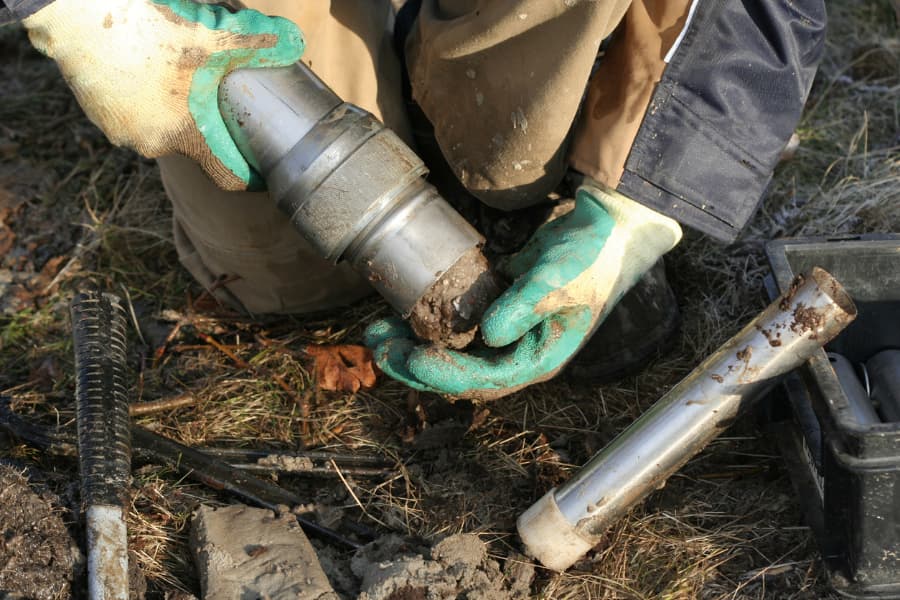When privately owned land is known to be contaminated with chemical pollutants, environmental law holds the property owner responsible for cleaning up the contamination, a process known as remediation. One way to verify the presence of contaminants at a property is by testing the soil. Learn more about soil testing in this post from Care Environmental Remediation Services, based in Northern New Jersey.
What Does Soil Testing Entail?
An environmental remediation specialist can collect and analyze soil samples as part of the remediation process for a site. Using a sampling tool, the specialist makes geotechnical soil bores to collect cores of soil from designated locations throughout the site. These samples are then analyzed in a lab to check for the presence of chemical contaminants.
How Are Soil Tests Used?
Soil testing provides valuable information to property owners, remediation specialists, and regulatory agencies. Soil tests can be used at many points throughout the remediation process:
- To confirm the presence of suspected chemical contaminants at a site
- To ensure that a cleanup process is working effectively
- To verify that a remediation process has been successfully completed and no significant onsite contamination remains
Soil testing may be used in combination with groundwater, sub-slab vapor, or indoor air testing.
When Is a Soil Test Required?
Under state and federal environmental law, property owners of contaminated sites must follow specific steps to remediate the site, ensure it is safe, and stay in compliance. Soil testing may occur as part of the following processes:
- Phase II Environmental Site Assessment (ESA): This type of site assessment is typically used as part of a regulated remediation process or as part of the due diligence process for a real estate purchase. A Phase II ESA is an on-site investigation to verify the scope of contamination at a particular site and includes sampling soil and groundwater for analysis.
- Site Investigation (SI): An SI consists of collecting and sampling site material, such as soil, bedrock, and groundwater. The goal of an SI is to determine if contamination is significant enough to require remediation. An SI might include collecting soil borings or establishing temporary well points to test groundwater.
- Remedial Investigation (RI): An RI is used to verify the presence of contamination at a site, and figure out how extensive that contamination is. An RI also includes a report that recommends a plan for remediating the contamination that will protect natural resources and human health.
There are other types of regulated remediation activities that do not include any type of soil testing or sampling. For example, a Phase I Environmental Site Assessment includes reviewing historical property records and visually assessing a site, but it does not require any soil or water tests.
Contact Care Environmental Remediation Services for Soil Testing Services
Don’t take any chances when it comes to site contamination – rely on the experts for thorough soil testing. At Care Environmental Remediation Services, we offer a comprehensive suite of soil sampling and testing services for both commercial and residential clients in Northern NJ, and the surrounding area. We are licensed by the New Jersey Department of Environmental Protection as a Certified Subsurface Evaluator, and our dedicated staff is well-versed in navigating state and federal environmental regulations. To schedule a free consultation, contact Care Environmental Remediation Services today.


